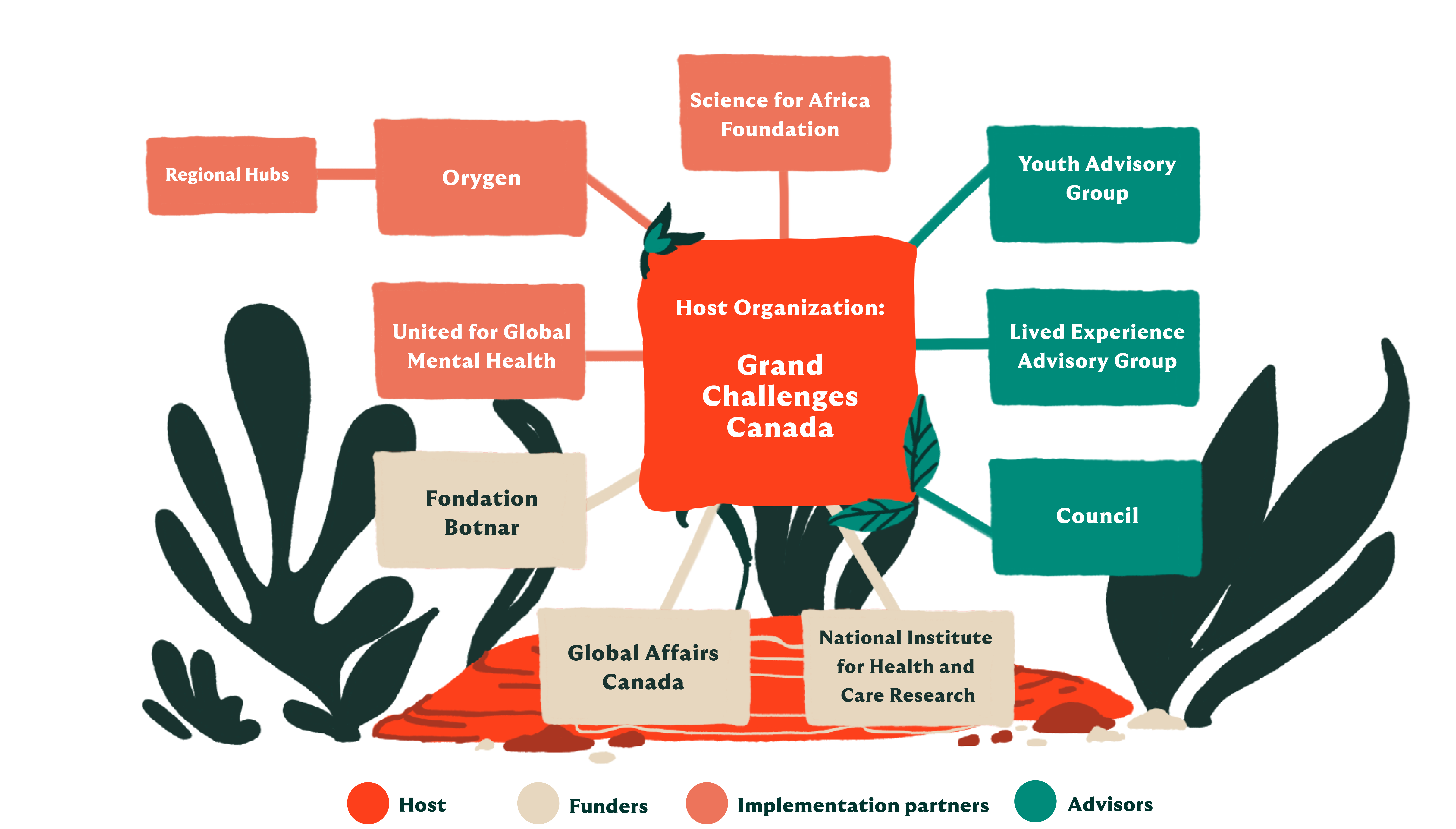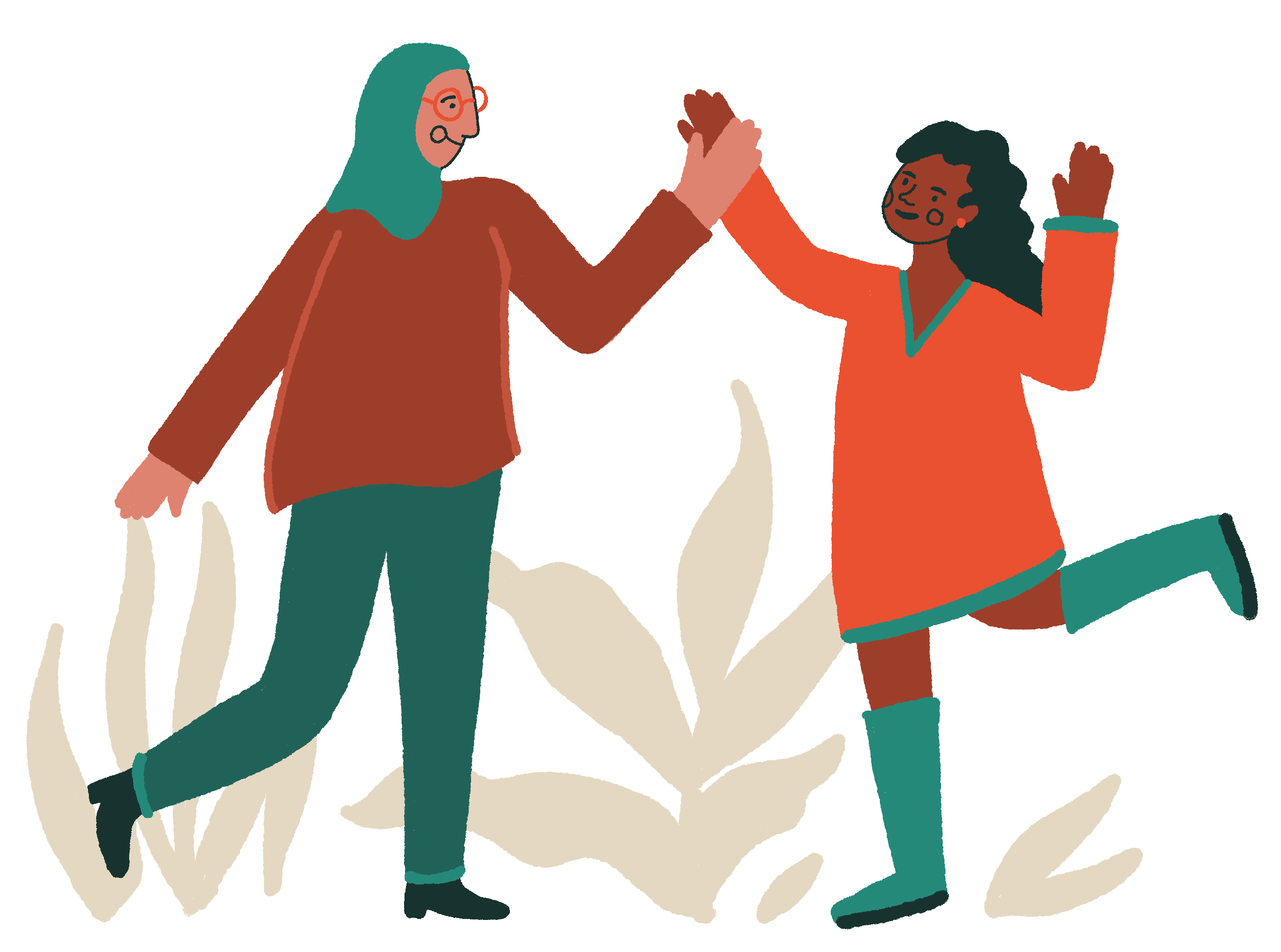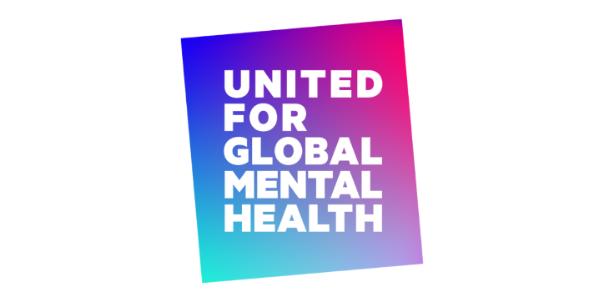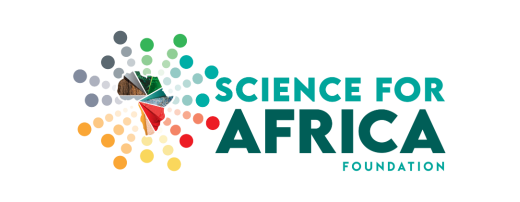The Challenge
Young people around the world face mounting mental health challenges yet often lack adequate support systems. According to the World Health Organization:
1 in 7
An estimated 1 in 7 young people aged 10-19 globally experience mental health conditions, with suicide ranking as the fourth leading cause of death among 15-29 year-olds.
75%
In low- and middle-income countries, more than 75% of people with mental health conditions receive no treatment at all.
$6 trillion
The economic cost of mental health conditions is projected to reach $6 trillion globally by 2030, with depression and anxiety already among the leading causes of illness and disability in youth today.
More facts on global youth mental health:
- 3 out of 4 (75%) people with mental health conditions develop them before they turn 24.
- In low- and middle-income countries (LMICs), up to 90% of young people’s mental health needs are unmet due to a lack of resources.
- Despite the growing need, national health budgets globally only allocate 2% to mental health.
- Only 2.4% of mental health research funding is spent on LMICs and only 7% is spent on prevention and treatment research.
Young people facing mental health challenges are vulnerable to social exclusion, discrimination, stigma, and physical health problems. By focusing on prevention and promotion rather than just treatment, Being addresses the root drivers of mental health concerns before they escalate. Being prioritizes underserved youth in urban and peri-urban settings, recognizing that early intervention is crucial for lifelong wellbeing.

Our Vision
Being envisions a world where young people feel well and thrive.
We work with young people to improve their mental health and wellbeing through research, innovation and ecosystem building, with a focus on prevention and promotion in 12 priority countries: Colombia, Ecuador, Ghana, India, Indonesia, Morocco, Pakistan, Romania, Senegal, Sierra Leone, Tanzania, and Vietnam.
Young people are at the core of our work. Since the beginning, we’ve aimed to engage with them as partners in a collaborative, rights-based, participatory, and inclusive way and centre their voices and needs in everything we do.
Who We Are
Team
Being’s operational team is hosted at Grand Challenges Canada (GCC).
Partners
We also operate as a collaborative initiative with multiple partners including Fondation Botnar, The UK’s National Institute for Health and Care Research (NIHR), Orygen, the Science for Africa Foundation, and United for Global Mental Health.
Council and Advisors
Along with our partners, the initiative is also informed by a Council and Youth and Lived Experience Advisors.

Join Us!
Did you know? We’re actively looking for new funding partners to help us address the mental health challenges of young people worldwide!








